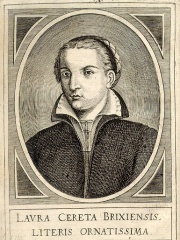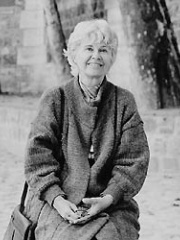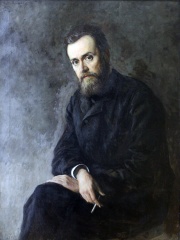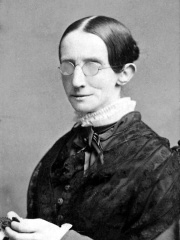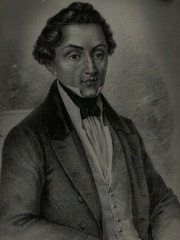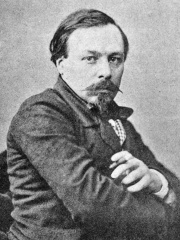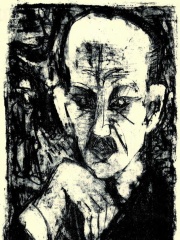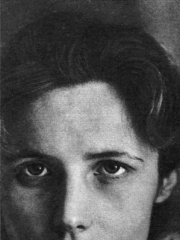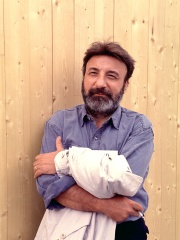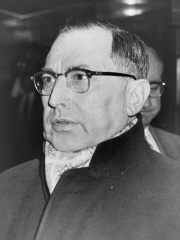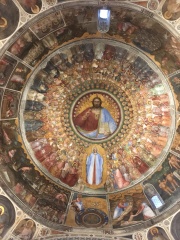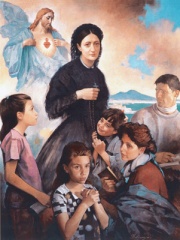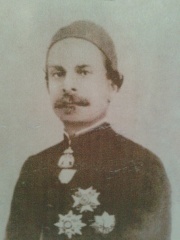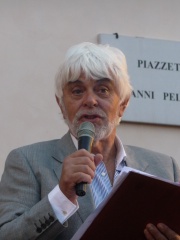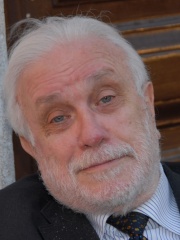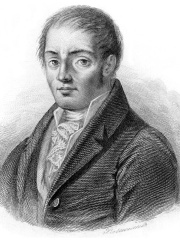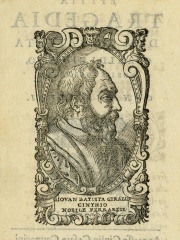Escritor
Nossis
ES.WIKIPEDIA PAGE VIEWS (PV)
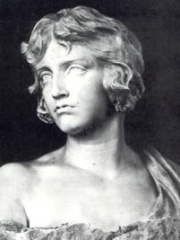
 Nossis
Nossis
Su biografía está disponible en 20 idiomas en Wikipedia. Nossis ocupa el puesto 4083 entre los escritor más populares (bajó del puesto 3312 en 2024), el puesto 3283 entre las biografías más populares de Italia (bajó del puesto 2885 en 2019) y el puesto 226 entre los escritor de italia más populares.
Memorability Metrics
Page views of Nossis by language
Among Escritors
Among escritors, Nossis ranks 4,083 out of 7,302. Before her are Laura Cereta, Anne Hébert, Gleb Uspensky, Laura Bridgman, Yuriy Venelin, and Léo Malet. After her are Mark Frost, Michel Carré, Carl Sternheim, Pippa Middleton, Agnieszka Osiecka, and David Allen.
Most Popular Escritors in Wikipedia
Go to all RankingsLaura Cereta
1469 - 1499
HPI: 57.82
Rank: 4,077
Anne Hébert
1916 - 2000
HPI: 57.82
Rank: 4,078
Gleb Uspensky
1843 - 1902
HPI: 57.81
Rank: 4,079
Laura Bridgman
1829 - 1889
HPI: 57.81
Rank: 4,080
Yuriy Venelin
1802 - 1839
HPI: 57.81
Rank: 4,081
Léo Malet
1909 - 1996
HPI: 57.81
Rank: 4,082
Nossis
HPI: 57.80
Rank: 4,083
Mark Frost
1953 - Present
HPI: 57.80
Rank: 4,084
Michel Carré
1821 - 1872
HPI: 57.80
Rank: 4,085
Carl Sternheim
1878 - 1942
HPI: 57.79
Rank: 4,086
Pippa Middleton
1983 - Present
HPI: 57.79
Rank: 4,087
Agnieszka Osiecka
1936 - 1997
HPI: 57.79
Rank: 4,088
David Allen
1945 - Present
HPI: 57.78
Rank: 4,089
In Italia
Among people born in Italia, Nossis ranks 3,284 out of NaN. Before her are Luca Badoer (1971), Gianni Amelio (1945), Nichi Vendola (1958), Joe Profaci (1897), Publius Sulpicius Rufus (-124), and Giusto de' Menabuoi (1330). After her are Riccardo Cucciolla (1924), Giuseppe Signori (1968), Caterina Volpicelli (1839), Eleonora Brown (1948), Guaimar IV of Salerno (1013), and Carlo Orlandi (1910).
Others born in Italia
Go to all RankingsLuca Badoer
RACING DRIVER
1971 - Present
HPI: 57.81
Rank: 3,278
Gianni Amelio
FILM DIRECTOR
1945 - Present
HPI: 57.81
Rank: 3,279
Nichi Vendola
POLITICIAN
1958 - Present
HPI: 57.81
Rank: 3,280
Joe Profaci
MAFIOSO
1897 - 1962
HPI: 57.81
Rank: 3,281
Publius Sulpicius Rufus
POLITICIAN
124 BC - 88 BC
HPI: 57.81
Rank: 3,282
Giusto de' Menabuoi
PAINTER
1330 - 1390
HPI: 57.80
Rank: 3,283
Nossis
WRITER
HPI: 57.80
Rank: 3,284
Riccardo Cucciolla
ACTOR
1924 - 1999
HPI: 57.79
Rank: 3,285
Giuseppe Signori
SOCCER PLAYER
1968 - Present
HPI: 57.78
Rank: 3,286
Caterina Volpicelli
RELIGIOUS FIGURE
1839 - 1894
HPI: 57.77
Rank: 3,287
Eleonora Brown
ACTOR
1948 - Present
HPI: 57.77
Rank: 3,288
Guaimar IV of Salerno
POLITICIAN
1013 - 1052
HPI: 57.76
Rank: 3,289
Carlo Orlandi
BOXER
1910 - 1983
HPI: 57.76
Rank: 3,290
Among Escritors In Italia
Among escritors born in Italia, Nossis ranks 226. Before her are Girolamo de Rada (1814), Leonidas of Tarentum (-320), Valerio Massimo Manfredi (1942), Ugo Betti (1892), Luciano De Crescenzo (1928), and Laura Cereta (1469). After her are Vasco Pratolini (1913), Julia Balbilla (72), Francesco Mario Pagano (1748), Vincenzo Cerami (1940), Giovanni Battista Giraldi (1504), and Elisabetta Dami (1958).
Girolamo de Rada
1814 - 1903
HPI: 58.18
Rank: 220
Leonidas of Tarentum
320 BC - 260 BC
HPI: 58.13
Rank: 221
Valerio Massimo Manfredi
1942 - Present
HPI: 58.13
Rank: 222
Ugo Betti
1892 - 1953
HPI: 58.06
Rank: 223
Luciano De Crescenzo
1928 - 2019
HPI: 58.01
Rank: 224
Laura Cereta
1469 - 1499
HPI: 57.82
Rank: 225
Nossis
HPI: 57.80
Rank: 226
Vasco Pratolini
1913 - 1991
HPI: 57.67
Rank: 227
Julia Balbilla
72 - 130
HPI: 57.61
Rank: 228
Francesco Mario Pagano
1748 - 1799
HPI: 57.56
Rank: 229
Vincenzo Cerami
1940 - 2013
HPI: 57.53
Rank: 230
Giovanni Battista Giraldi
1504 - 1574
HPI: 57.31
Rank: 231
Elisabetta Dami
1958 - Present
HPI: 57.25
Rank: 232
